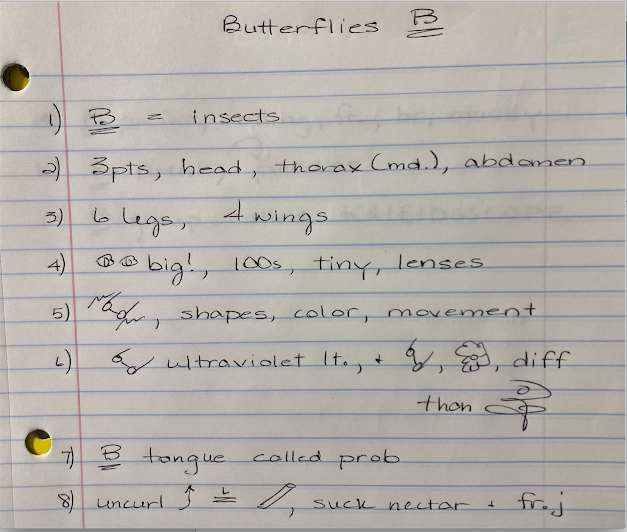If punctuation were logical, we wouldn’t have a mark in book publishing that is nonexistent in news media, the en dash. If punctuation were logical, we wouldn’t use quotation marks to set off “words as words” like “fella” anyway. Some other symbol would do that job.
If punctuation were logical, you wouldn’t see “healthcare laws” in one publication and “health-care laws” in another with both being correct. And we certainly wouldn’t have a system in which “the dog’s” could be either a contraction or a possessive.
Punctuation began as a system of printers’ marks. The idea: to help visually arrange information and guide the eye to where it needs to go. The printers and publishers who shaped the rules here in America believed that a period or comma after a closing quotation mark looked bad. So they decided it should stay inside, logic be blasted.
And yes, aesthetics are important. The visuals of a written work should never get in the way of the message. “Ugly” may be subjective; the goal of ensuring that a written work flows visually should be universal.
Whenever I mention the rules about periods and commas with quotation marks, people argue. But to me, that’s a testament to this system. Why? Because the folks who write to me to argue for a more “logical” system all read newspapers. They probably read books too.
This means that they have, countless times, seen commas and periods inside of quotation marks regardless of meaning or logic. Yet this system is so visually unobtrusive that my correspondents never noticed that it’s standard. That’s a good thing.
I’m certain, however, that this system is doomed. In an age where almost everyone’s a writer and a self-publisher, people guess at how to punctuate terms in quotation marks. Naturally, no one guesses that punctuation rules might not be logical.
But until the current rules die, here they are: In the U.S., a period or comma always comes before a closing quotation mark. It doesn’t matter if the quotation marks indicate a direct quotation, a “word as word” or, as is done in some publishing styles, a movie, TV show or song title.
Question marks and exclamation points follow a different rule. They actually are logical: An exclamation point or question mark could come before or after a closing quotation mark, depending on whether it pertains to the whole quotation (Did you notice how often Betty used the word “freedom”?) or just the quoted matter (Alfred E. Neuman’s catchphrase is “What, me worry?”).
These rules don’t apply outside the U.S. In Britain, for example, forms like “fella”. This is correct, as logic dictates. But here in the U.S of A., for the time being, that’s always a mistake.
JUNE CASAGRANDE is the author of “It Was the Best of Sentences, It Was the Worst of Sentences.” She can be reached at JuneTCN@aol.com.
